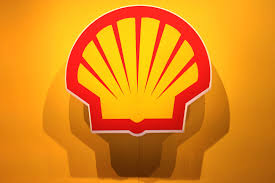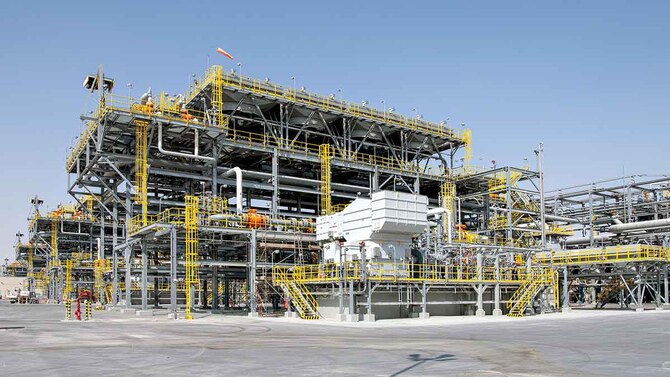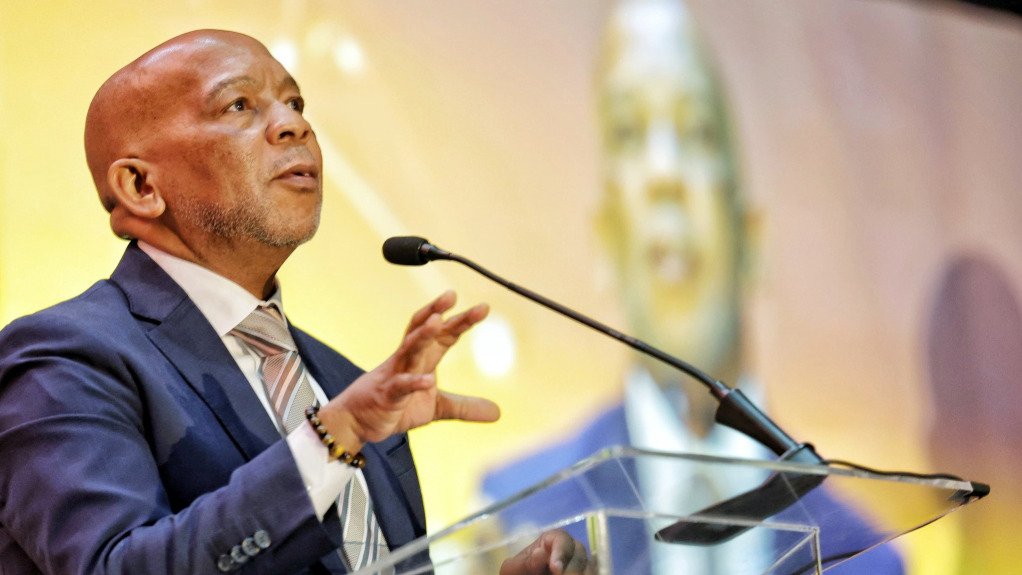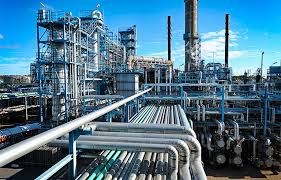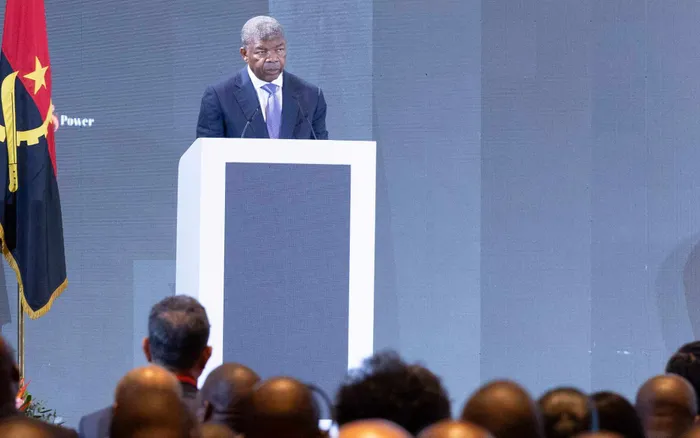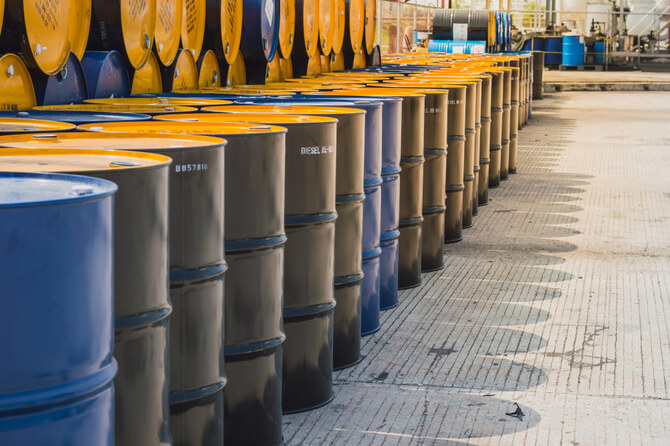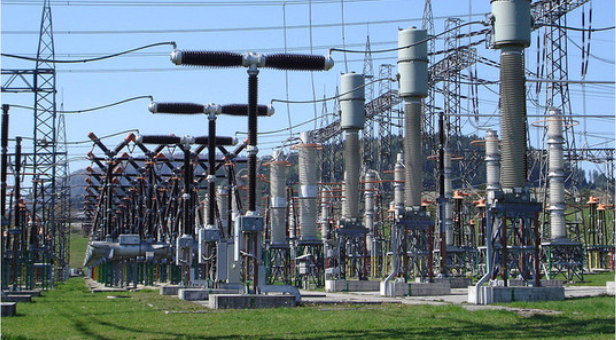Storage

Better news for petrol prices in South Africa
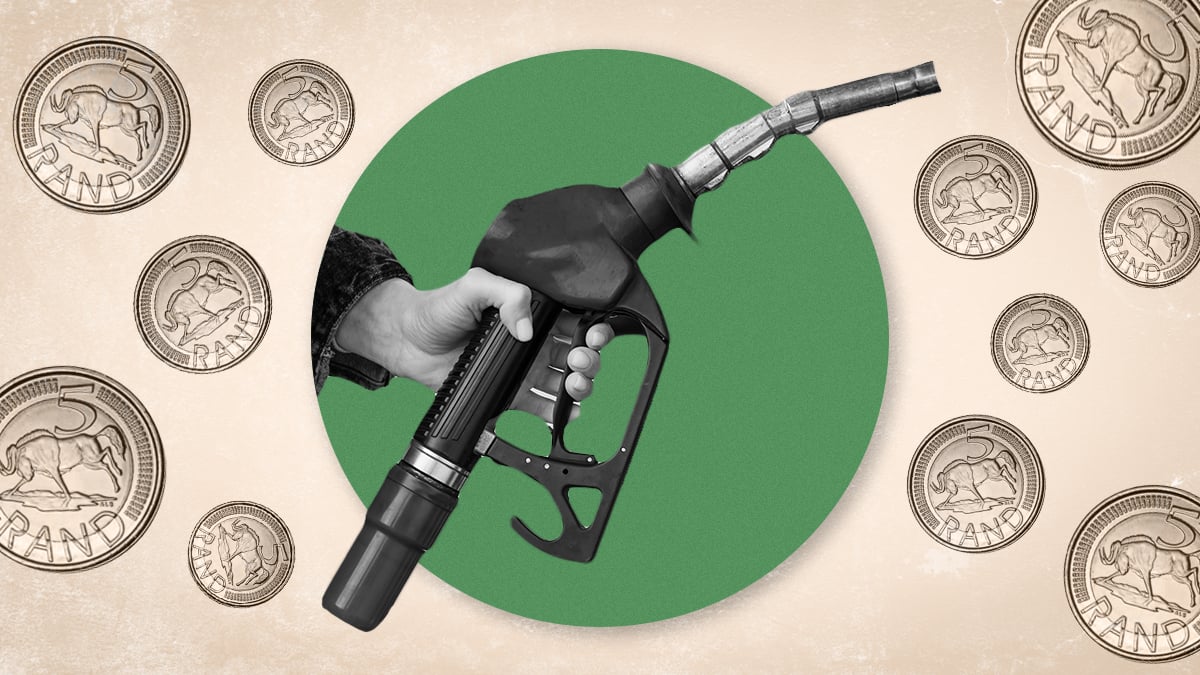
Although South African motorists are likely to pay more for petrol and diesel at the pumps in November 2024, the expected increases should be negligible compared to the overall fuel price decreases over the past five months.
The surging oil price behind the increase has calmed significantly in recent weeks as fears over an imminent Israeli attack on oil infrastructure in Iran have cooled.
As a result, the Central Energy Fund’s (CEF’s) data on fuel price adjustments show the anticipated increases in petrol and diesel prices have flattened out in recent days.
For example, the expected price of unleaded 95 petrol has only climbed by one cent per day in the week from 18 October to 24 October 2024.
In the previous week, it had climbed by about 27 cents, working out to nearly 4 cents per day.
As of the last published data from the CEF, the retail prices of a litre of unleaded 95 and unleaded 93 petrol were showing under-recoveries of 29 cents and 17 cents, respectively.
With the current expectation, the typical 45-litre tank will only cost R13.05 more to fill up from November 2024 using unleaded 95, while refilling with unleaded 93 will only cost R7.65 more.
For many motorists — although not all — it would be hard to justify queuing at a fuel station to avoid a hike worth less than a can of Coca-Cola.
The fuel price increases are also far short of where they would need to be to offset the overall fuel price decline over the past few months.
The prices of unleaded 93 and unleaded 95 will remain over R4 lower than they were in May 2024, while wholesale diesel prices will be more than R3 lower.
Israel’s much-anticipated attack in doubt
In late September, the fuel price seemed headed for its fifth consecutive monthly decrease.
However, the escalating conflict between Israel and several countries in the Middle East over its war with Hamas in Gaza quickly changed that picture.
Iran’s missile attack on Israel on 1 October, in retaliation over Israel’s attack on Iran-backed Hezbollah members in Lebanon, was the biggest catalyst of a surging Brude crude oil price.
As South Africa relies on oil and petroleum imports for most of its transport fuel demand, this had a big impact on local pricing adjustments.
By the end of the week of the attack, the price of a barrel of Brent crude oil was around 8% more expensive.
The price peaked at over $80 a barrel by 7 October 2024, up from roughly $72 per barrel in late September, as the markets were anticipating that Israel would strike back against Iran with an attack on its oil production or exporting infrastructure.
However, more than three weeks later, the attack has yet to come.
The oil price had retreated to about $75 a barrel by 25 October 2024.
According to Trade Economics, the month-on-month increase was at 5.94% by that same date.
Oil prices have cooled due to several factors, including more positive sentiment around a ceasefire between Israel and Hamas.
On Thursday, Qatari Prime Minister Mohammed bin Abdelrahman Al Thani and US Secretary of State Antony Blinken announced two US and Israeli delegations would visit Doha on Sunday to discuss ways to achieve a ceasefire breakthrough.
Atlantic Council has argued that if Israel attacks Iran, it is unlikely to target oil facilities, despite its bold claims.
The think tank explained that Iran’s oil infrastructure is too dispersed and primarily along its Gulf coastline, far away from Israel.
Successful attacks would likely require entering Arab airspace and countries like Saudi Arabia, Qatar, and the United Arab Emirates.
“Although former Israeli officials insist that Israel is capable of such an attack, the risks associated with it probably outweigh the benefits such a strike would achieve at this point,” the Atlantic Council said.
“A successful attack on Iran’s oil production and export infrastructure would alienate the United States, imperil relations with the United Arab Emirates and other Arab neighbours and anger China, Iran’s largest customer of crude oil and condensate exports.”
Instead, the Atlantic Council argues that Israel’s threats of significant retaliation are a scare tactic to manipulate both its enemies and allies.
“Now, a response targeting Iran’s military sites through military and/or cyber means will appear restrained compared to Israel’s public messaging,” the think tank explained.
Recent reports suggest that the US has sent Israel a Terminal High Altitude Area Defence missile system and military personnel to man it.
This was potentially done to cool Israel’s anger at Iran’s attacks and lower the risk of retaliation.
While many of the 180 Iranian missiles passed through or avoided Israel’s defence systems, the attack had a very limited impact, with only two casualties, eight minor injuries, and some damage to a hangar and taxiway at the Nevatim airbase.
Therefore, an attack dealing meaningful damage to Iran’s oil or nuclear facilities could be viewed as a disproportionate response.



